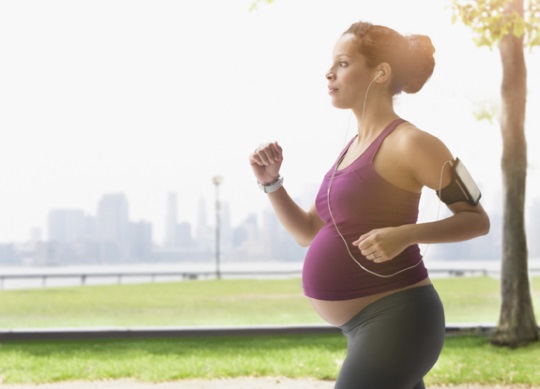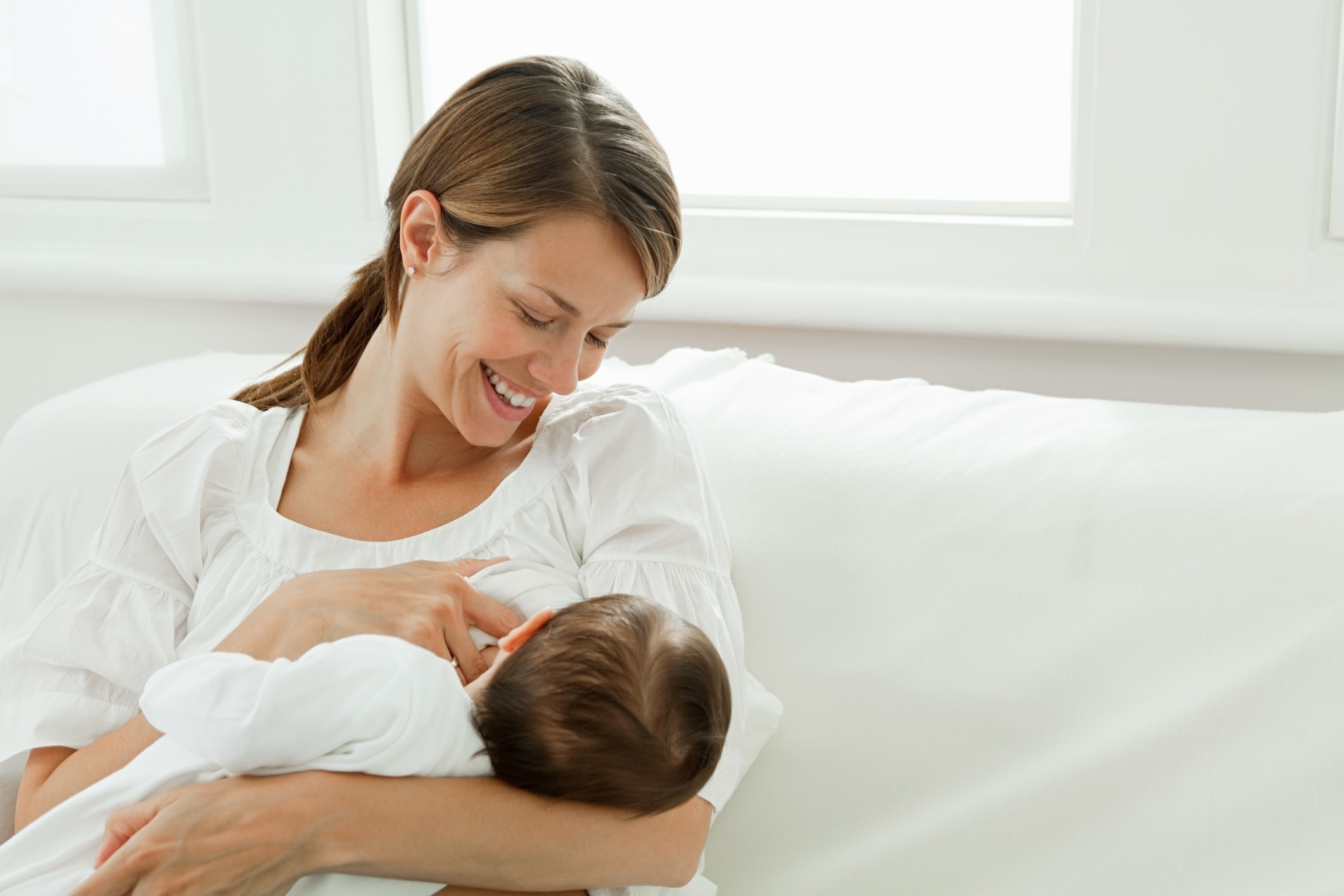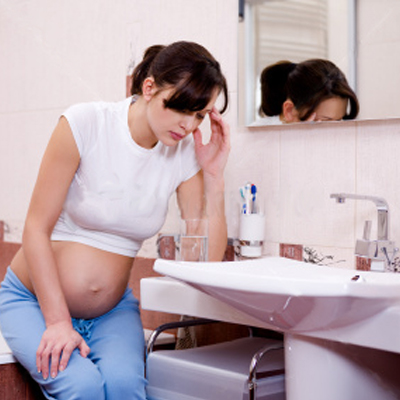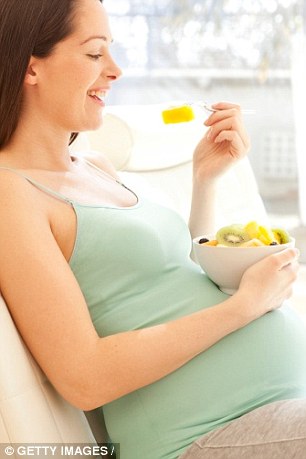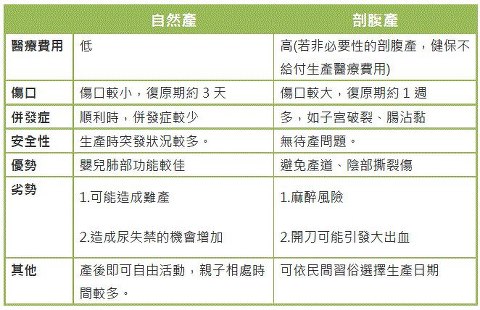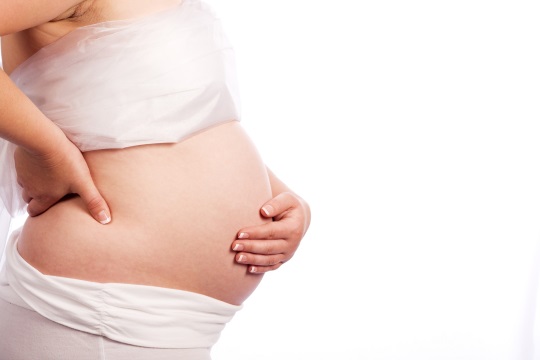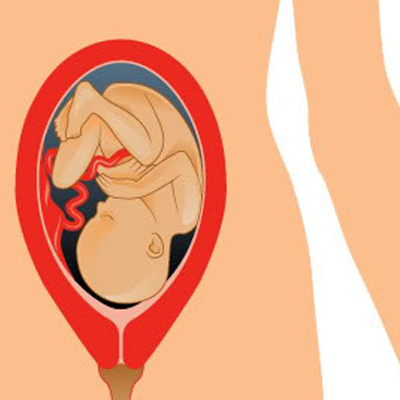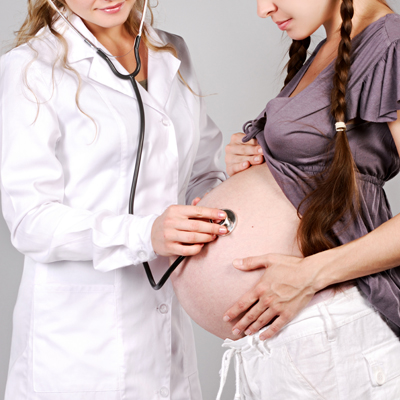Baby Boom: Wealthy Asian Moms 'Sit the Month' in Style
For a woman who gave birth three weeks ago — for anyone, really — Tsai Ya-hui looks immoderately rested. Since arriving from the delivery room, the 29-year-old has seldom left this sleek, minimalist suite that looks over the manicured green of Taipei Municipal Stadium. She stretches out contentedly in two-piece pink pajamas, nearly pitching a laptop from the unmade queen bed. A flat-screen television fixed to the wall broadcasts an image of her swaddled, squirming newborn, who, down the hallway in the nursing station, is the target of a small surveillance camera. Does Tsai ever change the channel? "Never," she says. "Except for when I want to watch a movie." The Chinese practice of postpartum confinement (zuo yuezi in Mandarin, or "sitting the month") dates back in literature to the 1st century B.C. And yet it is still observed, with contemporary adjustments, by millions of women across the mainland, Hong Kong and Taiwan. There are no definitive guidelines, but new mothers traditionally spend the 30-odd days after childbirth indoors, focused on warmth and the restoration of energy. They avoid cold, raw foods said to delay the shrinking of the uterus and instead consume lactation-stimulating soups and dishes laced with additives. Typically, a woman's mother-in-law assumes the role of caregiver, tending to the baby and preparing meals. But as disposable incomes have swelled, so too has the market for luxury confinement centers and first-rate doulas. A booming industry has sprung up around the custom in recent years, ushering it into modernity — and into vogue. Tsai has been sitting the month in style at Baby Moon, a three-year-old confinement center with the feel of a boutique hotel. A pack of staffers in pink cardigans and ponytails wait at the reception desk, ready to lead guests to a cushy lounge. Across the corridor, in 20 rooms that range from $200 to $330 per day, new mothers enjoy nights of uninterrupted sleep. In addition to classes on personal and infant care, there are spa and salon services available. The women are visited biweekly by doctors, have their bellies bound with postnatal girdles and take meals on white-linened food carts. They see their children when the mood strikes and — if they so choose — to breast-feed. For most of the day and night, the babies are attended to by a team of nurses. The center is booked solid for over six months. Taiwan's postpartum-confinement business is the best-developed and most upmarket in the region. In 1994, there was a single confinement center on the island. Now, according to government statistics, there are 120. A spate of food-delivery services — close to 40 have launched in the past seven years — cater to new moms keen on following the customary dietary regimen. And as the industry expands, it starts also to spread westward, into the mainland, whose one-child policy goes a long way toward justifying the expense to new parents. "It's really become a trend, a status symbol," says Vincent Chiu, owner of Baby Moon. "It's been hard to keep up with demand." In May, he opened a second Taipei outpost. Next year, when he inaugurates a third, he'll begin consulting for mainlanders interested in launching five-star postnatal facilities to rival the New Mother Center in Beijing and Care Bay in Shanghai. By and large the women in the market for such accommodation don't want to burden, or be burdened by, well-meaning relatives. Increasingly, family members live at a distance and, in any case, it seems that sitting the month under the watch of one's mother-in-law is not always all that reposeful. A convention that emphasizes naps and plenty of pampering following the trauma of labor is appealing, particularly to working women who need to recover fast. But the more rigid "rules" of the confinement period, still often enforced by the older generation, feel outmoded to most young moms — among them, bans on air-conditioning, exercise, crying, showering and washing the hair. In fact, the development of a progressive postpartum industry that welcomes all levels of adherence may have saved the practice from anachronism. If modern mothers weren't able to sit the month comfortably, with ease and without familial pressure, they might not sit it at all. Most contemporary women in confinement are prepared to assume a bland, herbal diet, but, intent on shedding baby weight, want the option of lighter meals. They are willing to substitute cold drinking water with distilled rice wine, but want to bathe and brush their teeth. "Here, there's no guilt on you to do anything," says Chloe Chen, a Taiwanese fashion designer, who, svelte and radiant, is in her third week at Baby Moon. "There's no family involved, so there's a certain detachment we can have," adds her husband, architect Alton Chow, who stays overnight at the center. "We can ask for what we really want." Chen regularly holds business meetings in her private sitting room. She hit the hairdresser the afternoon she left the hospital. Two days later, she escaped Baby Moon for brunch at the W Hotel. "This is a great solution for us. Asking my mom to cook every day for one month, to take care of my wife," Chow begins. Chen cuts him off: "I think I would go crazy." Hiring a stay-at-home confinement lady, as they are called, is another way to escape the madness. In Hong Kong, the demand for skilled doulas has spurred an upswing in postpartum training courses offered by the government, NGOs, employment agencies and retired nurses. The Kwun Tong Methodist Social Service (KTMSS) was the first to recruit middle-aged women, instruct them — for a fee — in postnatal care and cuisine, and dispatch them to the homes of fatigued mothers. A month's worth of round-the-clock work — doula sleeps when baby sleeps — costs about $4,115, a percentage of which goes to the KTMSS. The organization serves 500 families a year, up from 100 in 2003; Wong Wai-leng, one of its most seasoned postnatal helpers, is reserved until late next summer. Hanna Cheung — her toddler before the television, the newborn dozing in the next room — talks of finding Wong as though she had chanced on the tooth fairy. "She's like a mom who doesn't nag you," she says, incredulous. "She just flowed, like Mary Poppins, from one room to the next." Confinement ladies are not paid to place constraints on their charges. When, in the third week of house arrest, Cheung gave up and went out, when she refused meals of animal organs, there was no one to scold her. (Though she did once eat McDonald's in hiding so as not to rub it in.) The doulas make subtle suggestions, prepare medicinal tonics of roasted rice and dried fruit, dispense breast-feeding advice, educate on baby acne. And they also clothe, bathe, burp, nap and entertain the infant. "By the end of the four weeks, everything's in place," Cheung tells. "You feel sane again." Fortunately for the purveyors of postpartum comfort, sanity is unlikely to fall out of fashion anytime soon.
(Source: http://www.time.com/time/world/article/0,8599,2099912,00.html)
|
|





